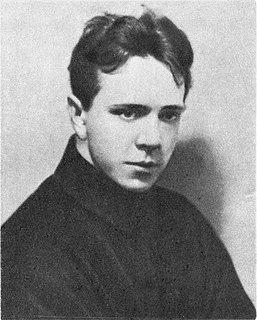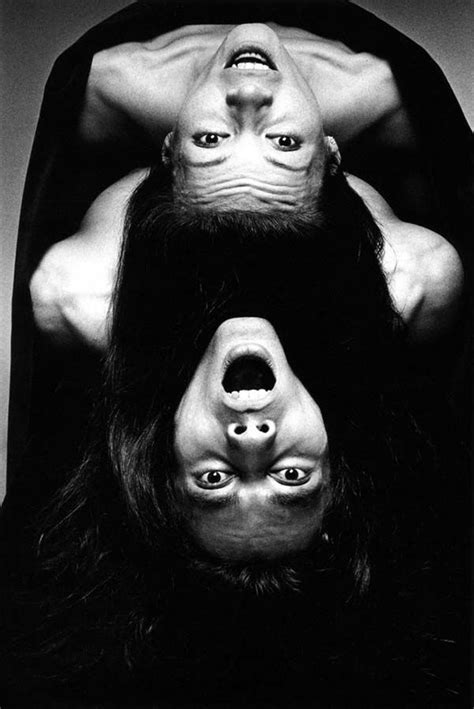A Quote by Ambrose Bierce
Related Quotes
PLEASURE and pain are undoubtedly the ultimate objects of the calculus of economics. To satisfy our wants to the utmost with the least effort - to procure the greatest amount of what is desirable at the expense of the least that is undesirable - in other words, to maximize pleasure, is the problem of economics.
Musical compositions can be very sad - Chopin - but you have the pleasure of this sadness. The cheap consolation is: you will be happy. The higher consolation is the pleasure and recognition of your unhappiness, the pleasure of having recognised that fate, destiny and life are such as they are and so you reach a higher form of consciousness.
Just the pleasure of moving and the pleasure of using your body is, I think, maybe the main point. And the pleasure of dancing with somebody in an unplanned and spontaneous way, when you're free to invent and they're free to invent and you're neither one hampering the other - that's a very pleasant social form.
I remember back to my days as a teenager. When you get your feelings hurt, you feel that moment of embarrassment. You think: "No one wants to talk to me ever again. It's all over." I reassure people that's totally not the case. These bullies are just hateful people doing hateful things. Sometimes, it's a lesson in tough love, but you keep positive, smile in the face of hateful adversity and move on. It makes you a stronger person.
What is it that we in the theatre give? Instead of images on canvas or in the form of statuary or music, we give our body, voice, feelings, will, imagination — we give a form of pulsating art to life itself; we give it to our characters and we give it to our audiences. Nothing, absolutely nothing remains for us save the pleasure of having given pleasure.
































